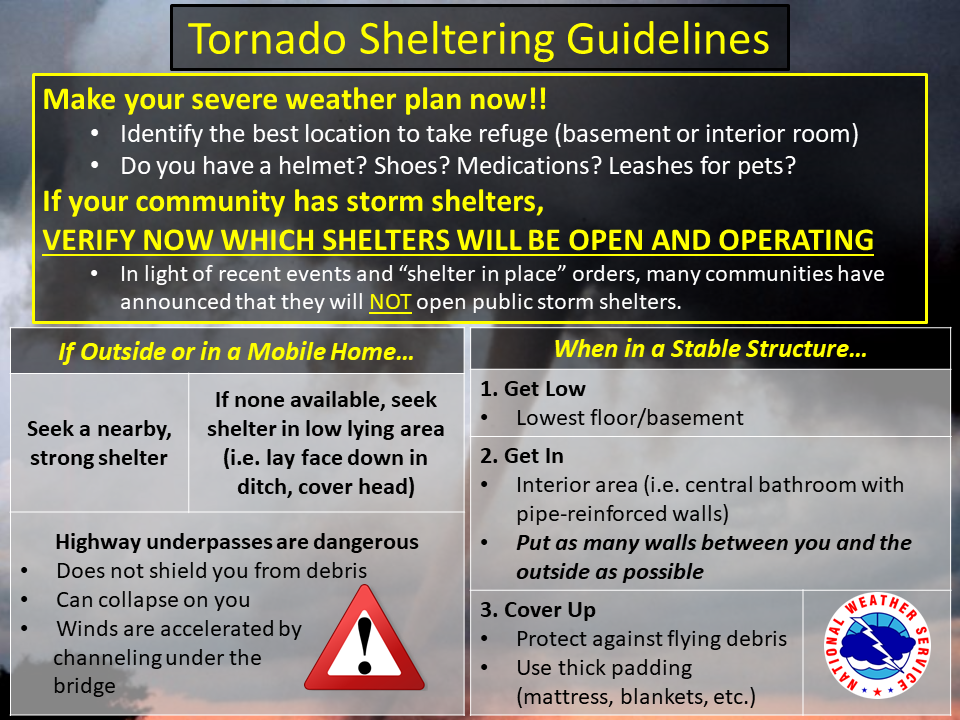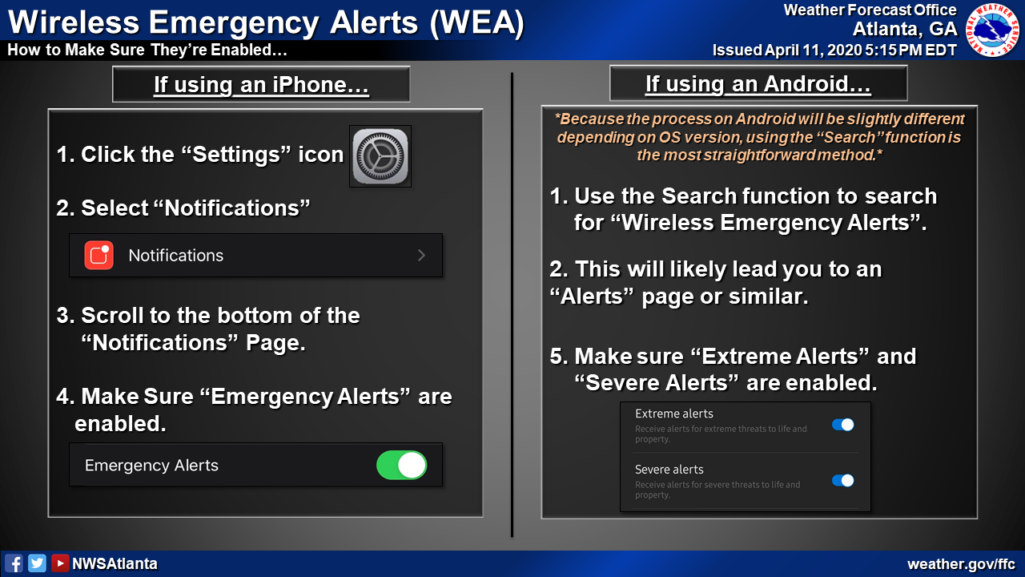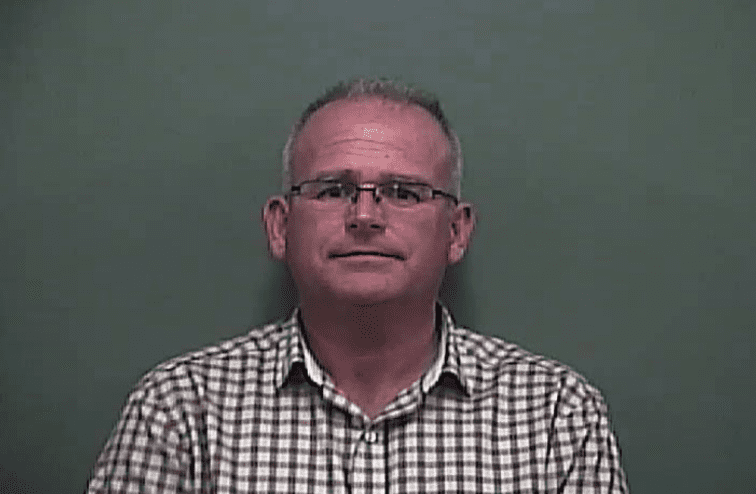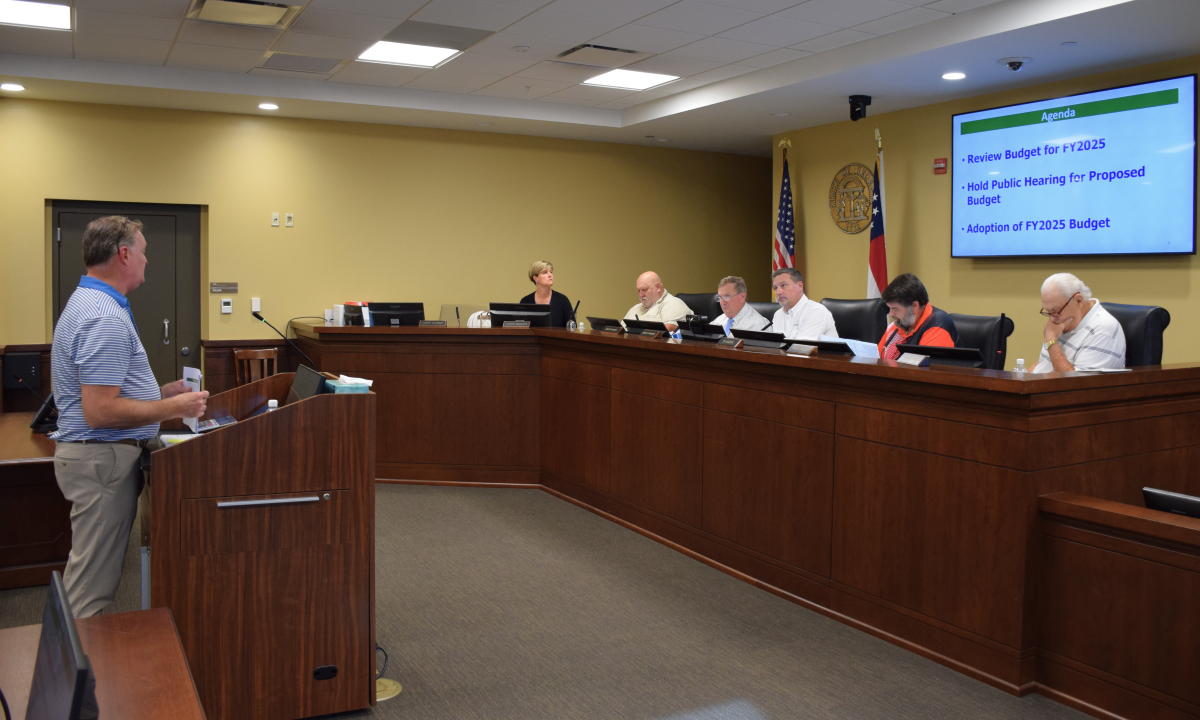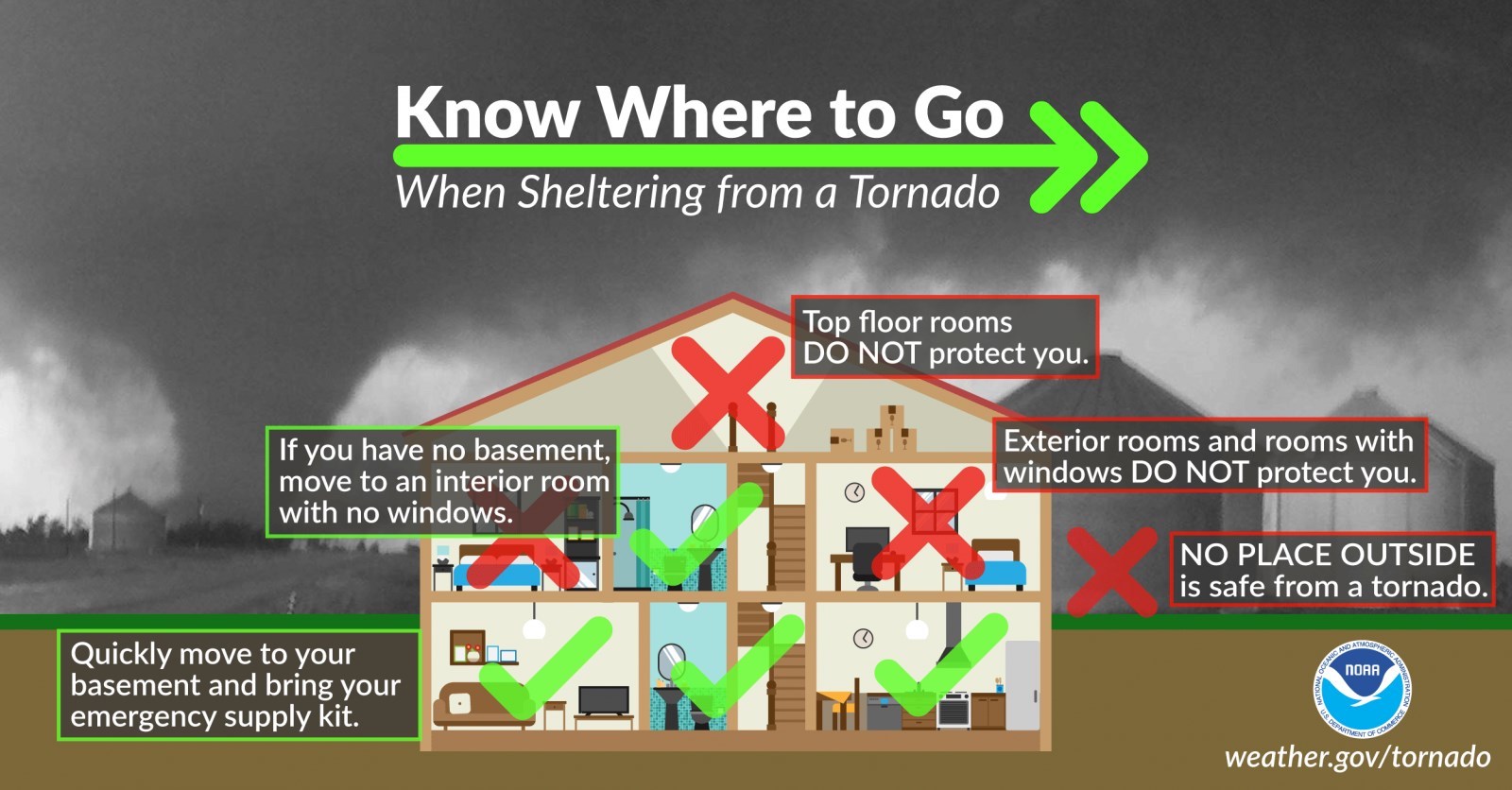
Americans across the Southeast are bracing for severe weather on Easter Sunday. The potentially deadly storm system is expected to bring tornadoes and flooding into Georgia. State and local public safety officials and meteorologists urge the public to prepare now for how to respond, especially in light of the ongoing COVID-19 pandemic.
The American Meteorological Society issued the following guidelines to help. Please review and act on them to protect your life and the lives of others.
RELATED Local EMAs prepare for severe weather outbreak on Easter
How to prepare now
Make your severe weather plan now and identify the best storm refuge available.
Determine if your home can provide you with a good location to take refuge, such as a basement or an interior, windowless room. If you cannot take refuge in your home, discuss sheltering with neighbors, friends, or family.
If your community has shelters, verify now which will be open and operating during the pandemic.
Use of public storm shelters
Many communities have announced that they will not open public storm shelters during the pandemic.
If you rely on public shelters, like schools, stores, or community facilities, determine if that shelter will be available during the COVID-19 pandemic.
This information can be found through websites and official social media accounts or by contacting your local emergency management agency.
When to seek shelter
The American Meteorological Society recommends that you use multiple trusted sources to monitor the threat of approaching severe weather and be prepared to take refuge at home when a tornado warning is issued.
If you need to travel to seek shelter, and the shelter you travel to is open, make sure that you complete your travel before a tornado warning is issued for your area.
To sign up for wireless emergency alerts, follow the instructions below:
Virus transmission precautions within storm shelters
It is recommended that you follow the Centers for Disease Control (CDC) guidelines for COVID-19 transmission prevention, including physical distancing, and any additional guidelines set by your local emergency management agency.
For more information about CDC guidelines, visit https://www.cdc.gov/coronavirus/2019ncov/prevent-getting-sick/
For more guidelines on tornado preparedness, visit https://www.ready.gov/tornadoes.

